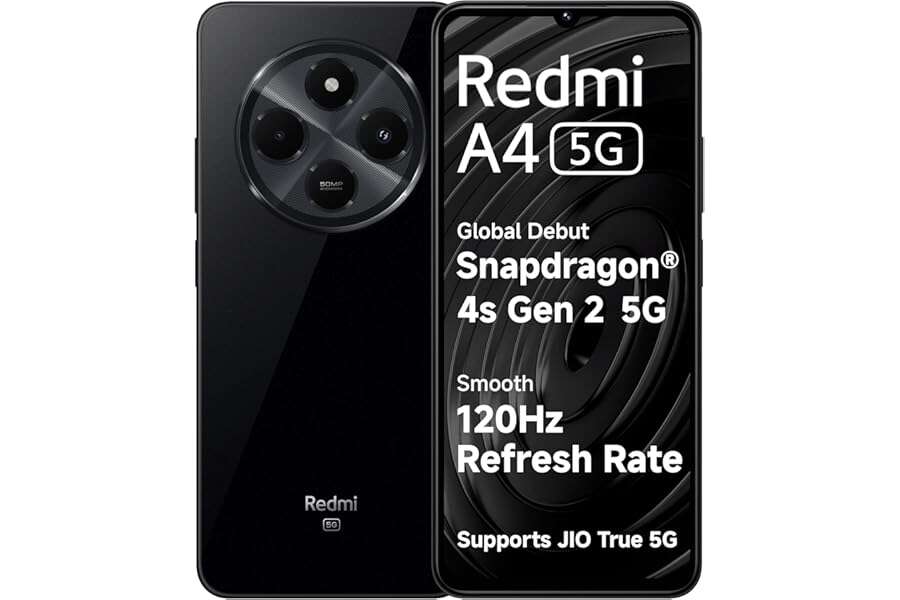Is Blockchain Social Media The Future?
Since we spend so much time on social media these days, several concerns have been raised. The question is how it intersects with data control, censorship, and privacy. Blockchain-powered decentralised social media networks provide answers to these problems by improving user security and control.
Unlike traditional social media, these services put more emphasis on user empowerment. This article will try to shed light on what is decentralised social media, including its merits and downsides.
Comparing Centralised and Decentralised Social Networks
Social media platforms with centralised control can censor content and use personal data for advertisements. Decentralised social media platforms (DeSo) function through blockchain technology, dispersing information among user networks without a central server. This attribute renders them impervious to censorship and protects user privacy.
To improve anonymity, users on decentralised networks can create profiles connected to cryptocurrency wallets. These platforms frequently monetise, compensate creators, establish ownership, and promote community governance by using cryptocurrencies and NFTs.
DeSo networks, which offer users control over material without algorithmic bias, guarantee data security through distribution and encryption, unlike centralised networks. Some even permit DeFi functionality, allowing users to communicate financially directly with one another.
Decentralized Social Media Platforms: Operation, Benefits, and Challenges
Blockchain technology and smart contracts are used by decentralised social media platforms to provide a safe, censorship-resistant environment where users are in control of their data. These platforms support user privacy through encryption and are part of a peer-to-peer network that improves resilience against outages. They frequently have native tokens for commercialization, enabling direct exchanges of money between content producers and consumers.
How They Work
DeSo platforms use smart contracts for platform logistics and storage solutions like IPFS for data security, all operating on a global network of nodes. They are renowned for their resilience and protection of user data, in contrast to the vulnerability of centralised networks to security breaches.
Benefits
-
Censorship Resistance: Upholds free expression and gives creators choice over what is taken down.
-
Direct Ownership and Engagement: Removes middlemen to allow for closer creator-audience interactions.
-
Opportunities for Monetization: Enables revenue from NFTs and cryptocurrency transactions.
-
Compared to centralised competitors, open-source software provides better data security and transparent operations.
-
Improved Privacy: Enables anonymous use without disclosing personal information.
Challenges
-
Transaction Fees: During peak hours on networks like Ethereum, fees have the potential to discourage users.
-
Digital Divide: Those without internet access or contemporary technology are excluded.
-
Scalability and Complexity: Has problems with an increasing user base and a challenging learning curve.
-
Public Perception and Regulatory Obstacles: Difficulties in establishing user confidence and negotiating unclear legal environments.
Leading Decentralized Social Networks
The focus placed by decentralised social media platforms on community-driven rewards, transparency, and user control is revolutionising digital communication. Notable platforms include:
-
Sapien has a unique feature: its blockchain-powered social news network. It promotes an open and democratic atmosphere. Users are rewarded for their contributions, and decentralised decision-making is encouraged.
-
Minds presents itself as a Facebook substitute, emphasising user privacy, freedom of speech, and open-source values. Users who contribute to the community and create content are rewarded with their native cryptocurrency.
-
Steemit offers an individual monetisation approach that rewards community engagement and high-quality content by paying users to produce and curate Steem blockchain content.
-
Mirror is a blockchain-driven writing platform that supports Web3 decentralisation by enabling authors to produce their articles as NFTs for long-term blockchain archiving and possible revenue.
-
Mastodon offers a microblogging platform that lets users connect to servers based on their interests. It encourages user independence and decentralisation, and its extensive network serves over three million users.
Integrating Blockchain with Social Media: What Lies Ahead
The integration of blockchain technology is bringing new features and improving user experiences to Web3 and classic Web2 social media sites.
Leading the way is Reddit, which introduced ERC-20 Community Points for interesting content. Users can trade these points for extra privileges within subreddits. These ideas are also relevant to community governance, since Reddit uses Arbitrum to increase efficiency and scalability.
Instagram has welcomed NFTs based on Ethereum and Polygon, allowing users to link their wallets and display digital treasures straight on their profiles. This integration highlights the platform's transition to a more conducive setting for digital assets.
Decentralised social networks, which address concerns of data ownership, censorship, and privacy, are a step towards a more democratic internet. These systems put community involvement, content ownership, and user privacy first, which could transform social media into a place for uses other than socialising.
Future decentralised platforms may completely reimagine online communities by combining cutting-edge tools like virtual reality and augmented reality to create fully immersive experiences. Offering improved interoperability, security, and privacy, they envision a time when social media encourages a more transparent, user-managed digital ecosystem.
Closing Remarks
Social media and blockchain integration improves security, privacy, and transparency while granting consumers more control over their data. Blockchain-enabled platforms prioritise data ownership, privacy, and resistance to censorship while fostering community-driven creativity and governance. These platforms represent a move towards blockchain as the central component of future social networking, with the goal of creating a more equal, more user-centric internet.




